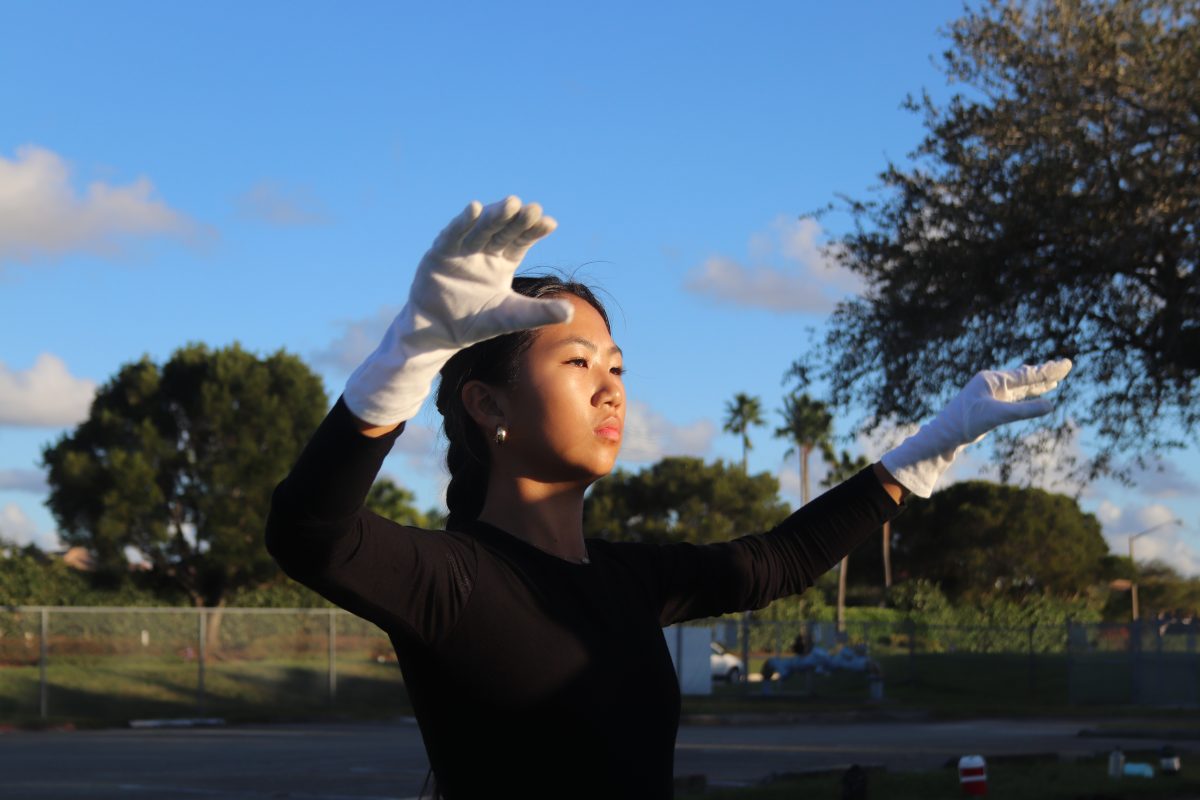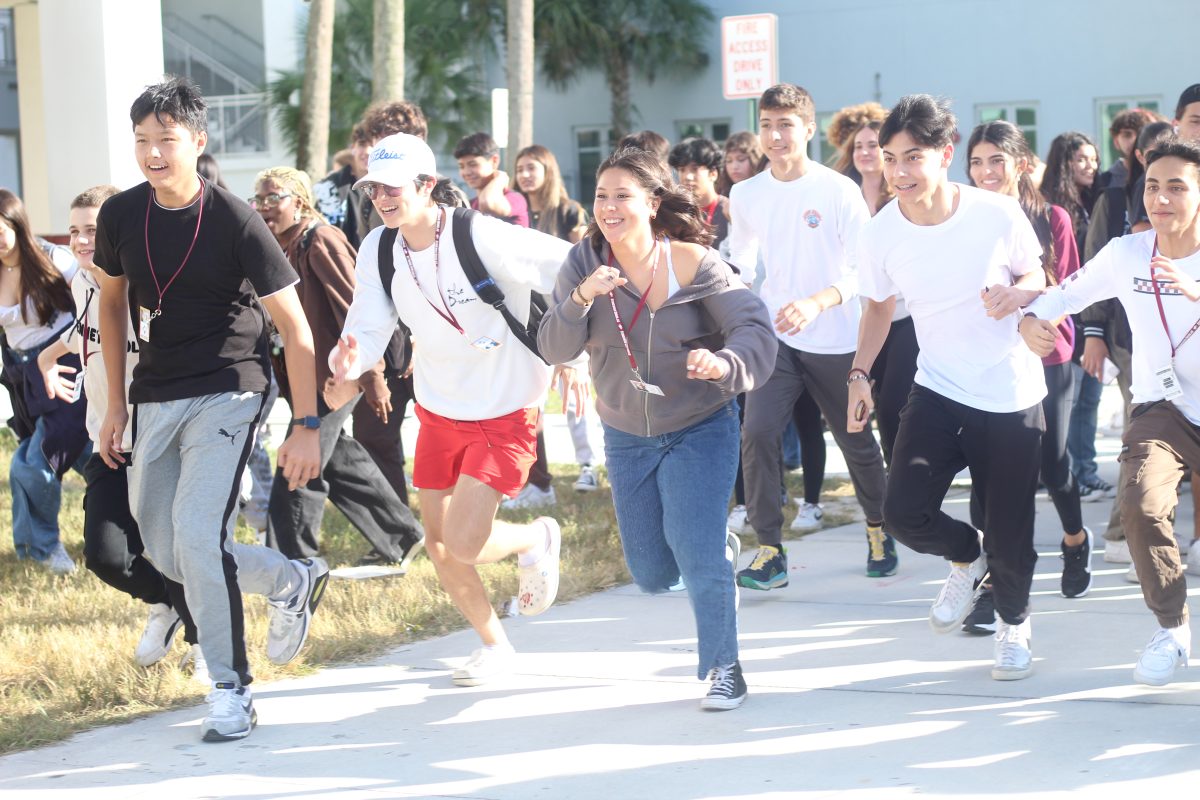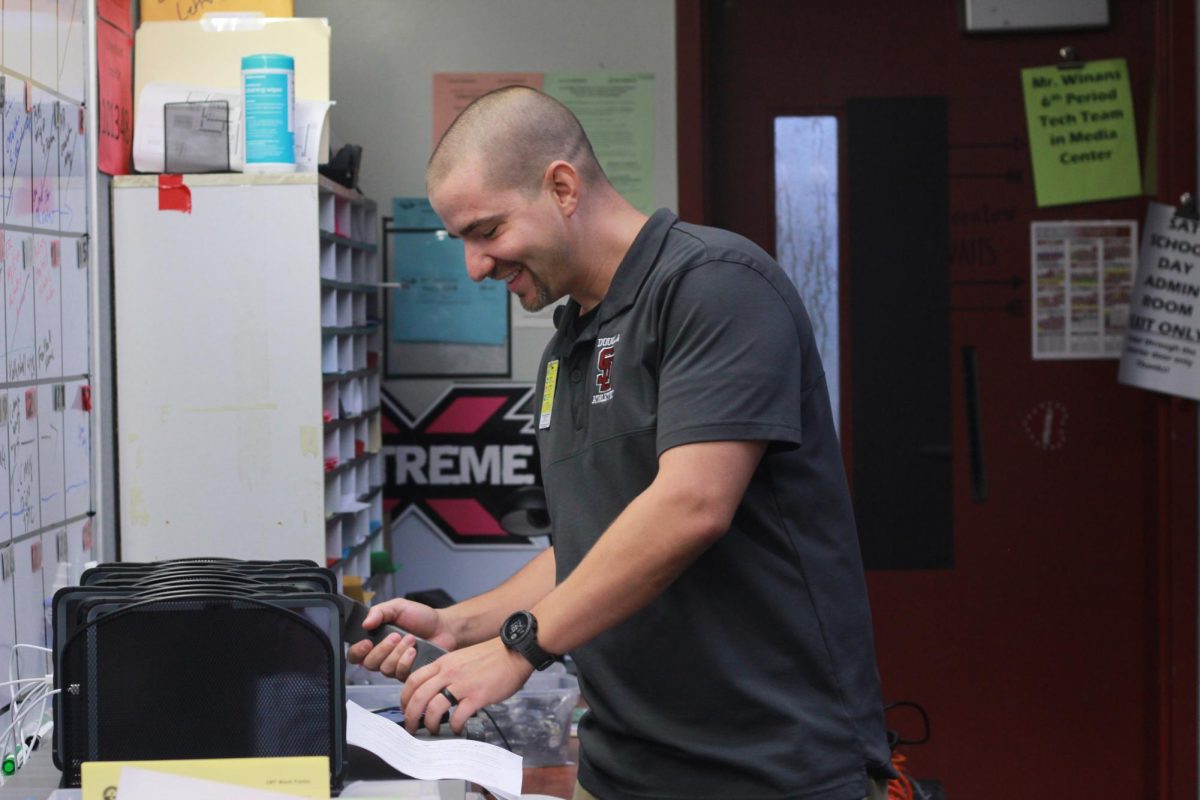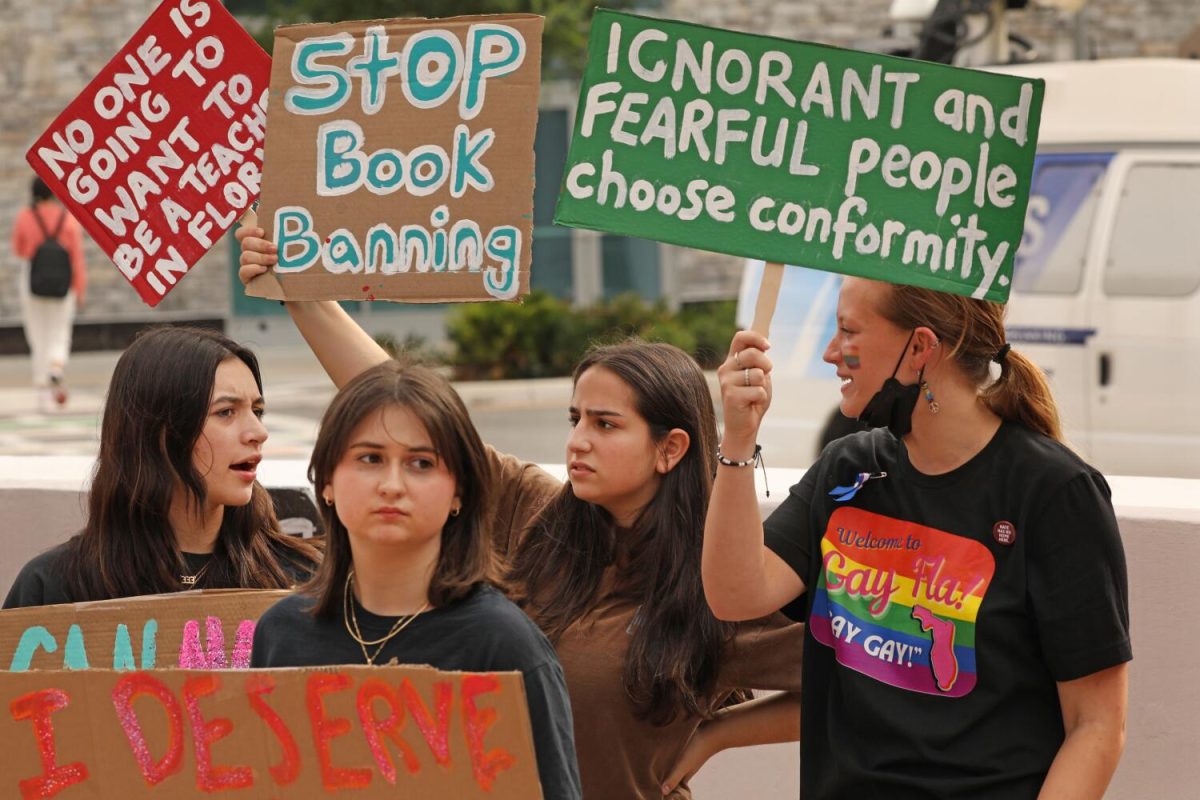The words, “Please stand for the Pledge of Allegiance” echo over the loudspeakers and students snap to attention. Standing and placing their right hands over their hearts, they recite the Pledge’s words wholeheartedly, believing in them and what they stand for. Others do so out of sheer habit, acting in accordance with the routine they have followed since elementary school. However, another group remains seated, deliberately defying the words because the Pledge’s declarations are not representative of America today.
In Florida, state law dictates that students must recite the Pledge of Allegiance unless the school has received a written notice from a parent or guardian that permits them not to do so. While technically mandatory, there are many Marjory Stoneman Douglas High School students who choose not to stand for the Pledge. Every MSD student has their own opinion on the Pledge and acts in accordance with their personal beliefs when it is played over the announcements every morning.
While Florida law states that students must stand for the Pledge, as does Broward County’s Code Book for Student Conduct, the Supreme Court has ruled otherwise. In 1943, in the case of the West Virginia State Board of Education v. Barnette, the Supreme Court ruled that forcing students to recite the Pledge of Allegiance was a violation of their right to freedom of expression. This is consistent with the beliefs of many MSD students.
“I feel it would be wrong for schools to mandate standing for the Pledge because of freedom of expression and everything,” junior Nicole Flores said. “You shouldn’t force someone to stand for the Pledge if they don’t agree with it or like it.”
There are a number of MSD students who feel that standing for the Pledge of Allegiance should be a choice, not a requirement. They believe that if a student decides that they do not want to stand for it, that student should not be obligated to. Everyone has their own beliefs and students feel that they should be able to act according to those beliefs when the Pledge is being recited.
“I definitely don’t think schools should mandate students to stand for the Pledge,” senior Serkan Aymaz said. “Everyone has their own beliefs and if people don’t want to stand for the Pledge then there shouldn’t be any issues. Students should have the right to choose whether or not they stand for the pledge. I think the pledge should be played in schools but no one should be forced to stand for it. The pledge does have an important message and can be seen as promoting unity, but students should have the right to choose.”
It was acknowledged by students that, while they understand the value of promoting unity and patriotism through the Pledge, they believe that not standing for it does not make them any less patriotic. Exercising their right to sit does not signify that they do not care for or about their country.
“I feel that, especially in American public schools, there’s a sort of unspoken rule that students need to do this and it’s just not necessary,” senior Inzley Lwin said. “I believe that we don’t need to show our patriotism to prove that we are loyal Americans so to speak. Standing up for it does not mean that we are more American than anyone else and I think that patriotism can get to extreme lengths here. Also, it’s a bit contradicting to me since we speak so highly of freedom here but are constantly being tied to do something like standing for the Pledge of Allegiance.”
Still, some students find that standing for the Pledge of Allegiance is the least people can do to show their appreciation for the freedoms afforded to them in the U.S.. They are of the opinion that one can acknowledge America’s faults while still standing for the Pledge in order to show their gratitude for all the freedoms and opportunities provided by the country.
“The Pledge has always been about showing love to a country that has given us so many rights that are not available in other countries,” sophomore Caitlin Wehmeyer said. “I choose to stand and I think everyone should stand because it is very meaningful to our country. I think this because even though we, like every country, have imperfections, there are so many people who would love to come to the U.S. but can’t.”
Both beliefs fundamentally use the same logic. Not standing for the Pledge of Allegiance does not mean that a student is any less patriotic than their peers and standing does not mean that a student cannot still acknowledge America’s faults. Above all, their message is that someone choosing to do one thing does not equate to being another.
However, Wehmeyer is not incorrect. The Pledge of Allegiance came about in 1892 as a means by which to instill patriotism within the nation and bring people together after the Civil War. It was meant to honor those who risked or lost their lives fighting for the U.S. and many still recite it for this reason today.
“I stand for the pledge because I feel as if it is wrong not to,” freshman Mia Soto said. “I think the school plays the pledge every day because they want to give their respect to the people in America who have fought and died for us.”
Another reason students stand for the Pledge is because it has become a habit. After all, students have been told that they must stand for it since they first started attending grade school and it has become a part of their daily routine since. Rather than it being something they think too much about, it is just something they have always done, so they continue to do it.
“I usually stand up for the Pledge, mostly because it’s become a habit ingrained in me since elementary school,” sophomore Nikita Singh said.
Although there are several reasons why students feel the need to stand for the Pledge of Allegiance, there are also several reasons why they feel the need not to. One of the most prominent is that they do not believe the sentiments expressed in the Pledge, such as “liberty and justice for all,” are representative of America today. These students sit in order to acknowledge the ways in which the U.S. has fallen short of delivering on the promises made in the Pledge.
Additionally, a common criticism of the Pledge of Allegiance is the inclusion of the words “under God,” as they align the Pledge with Christianity. Francis Bellamy did not originally include the phrase when he wrote the Pledge in 1892. Instead, it was added in 1954, when former President Dwight D. Eisenhower signed its addition into law. Its inclusion has since made people, including Gandhi, feel reluctant to recite it as it went against their religious beliefs.
“I personally sit for the Pledge,” senior Tanisha Gandhi said. “I do not believe that America holds up to its promised liberty and justice for all, especially when it comes to marginalized communities, such as the poor, people of color and disabled people. While I understand that I am fortunate to have grown up in America, I do not believe what this country stands for. America is built on a system that relies upon the exploitation of the poor and relies upon the oppression of marginalized groups in order to function. Additionally, I am not of Christian belief or of a religion that is monotheistic and I feel uncomfortable speaking the pledge because of this.”
Not everyone is trying to make a statement by sitting for the Pledge though. Some students simply feel indifferent toward it or have no connection to it that makes them feel compelled to stand.
“Personally, I usually sit for the pledge,” Aymaz said. “There isn’t much of a reason behind why, I guess I just don’t feel particularly strong towards it.”
Differences in opinion among MSD students regarding the Pledge of Allegiance will only continue to persist, as their decision to sit or stand during it is an individual one. This debate is not just prevalent at MSD but in schools across the country. As a result, the practice of playing the Pledge in schools will only be placed under increasing scrutiny. Regardless, most have a personal reason for whichever they choose to do and it is ultimately up to them to decide to what degree they participate in the Pledge. The Supreme Court has ruled in favor of students’ right to choose and if anyone tries to force them to do one or the other, it is, above all, a violation of their constitutional rights.











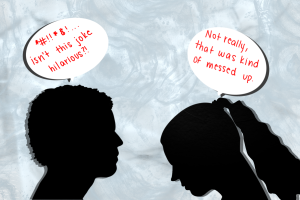



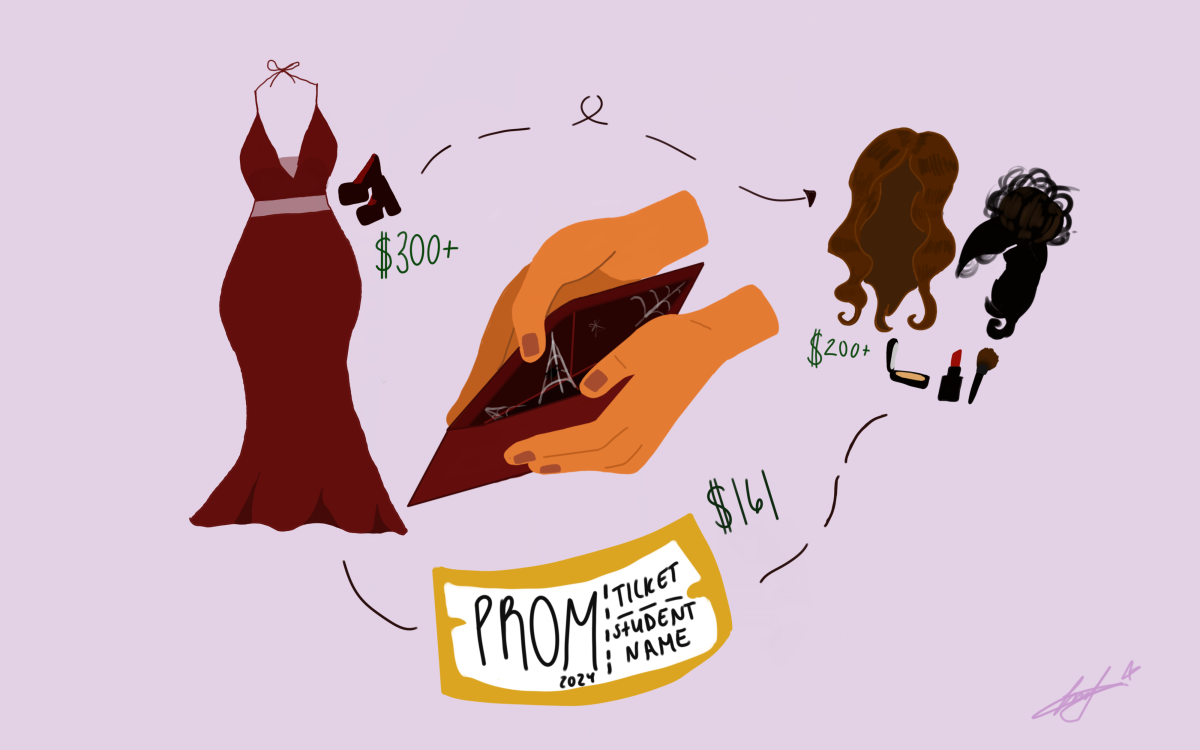
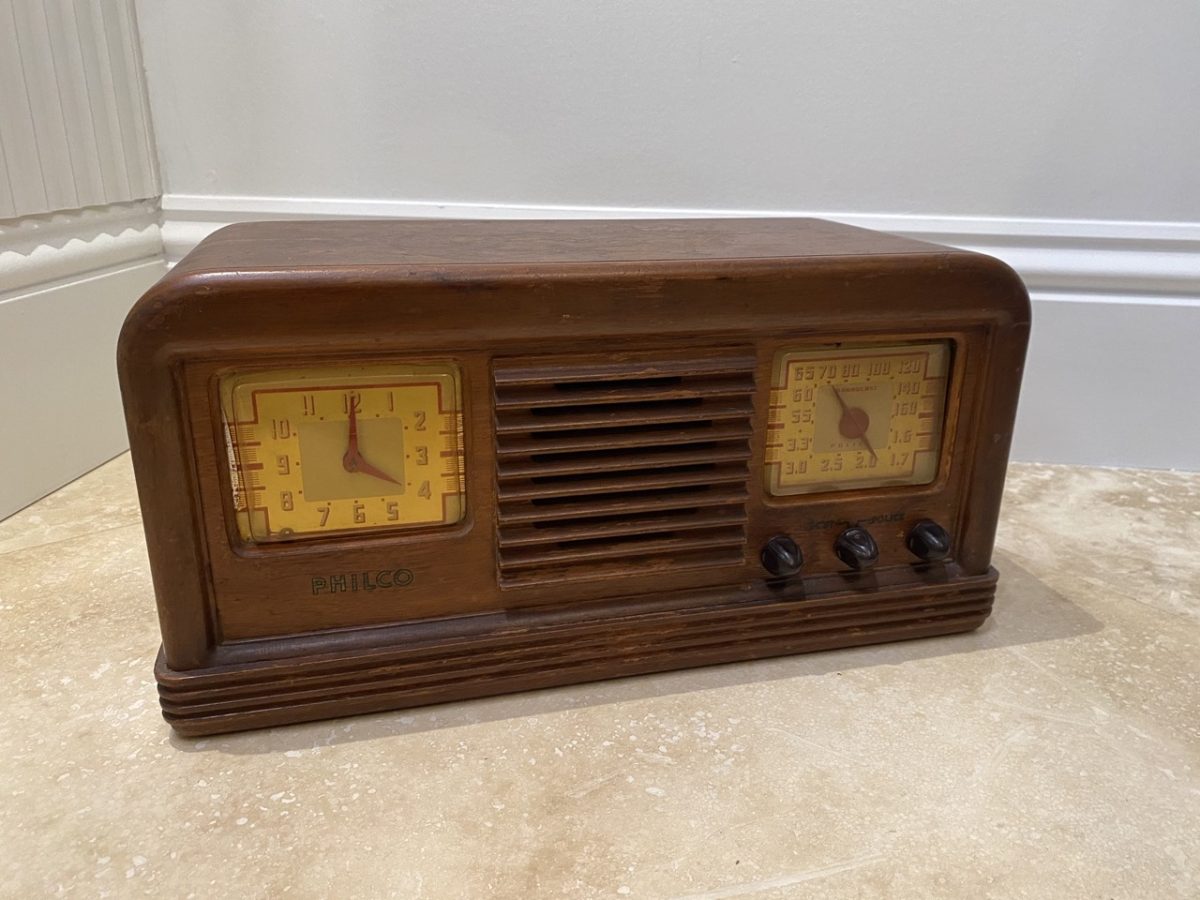
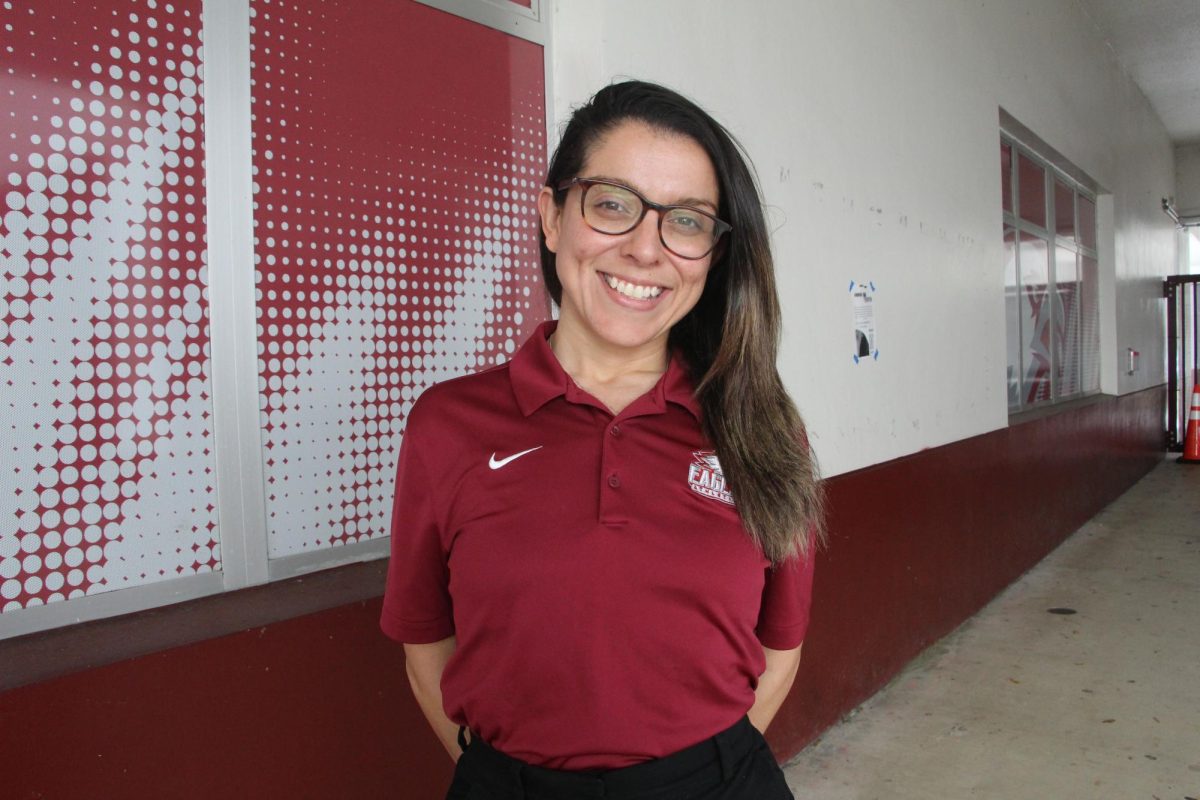



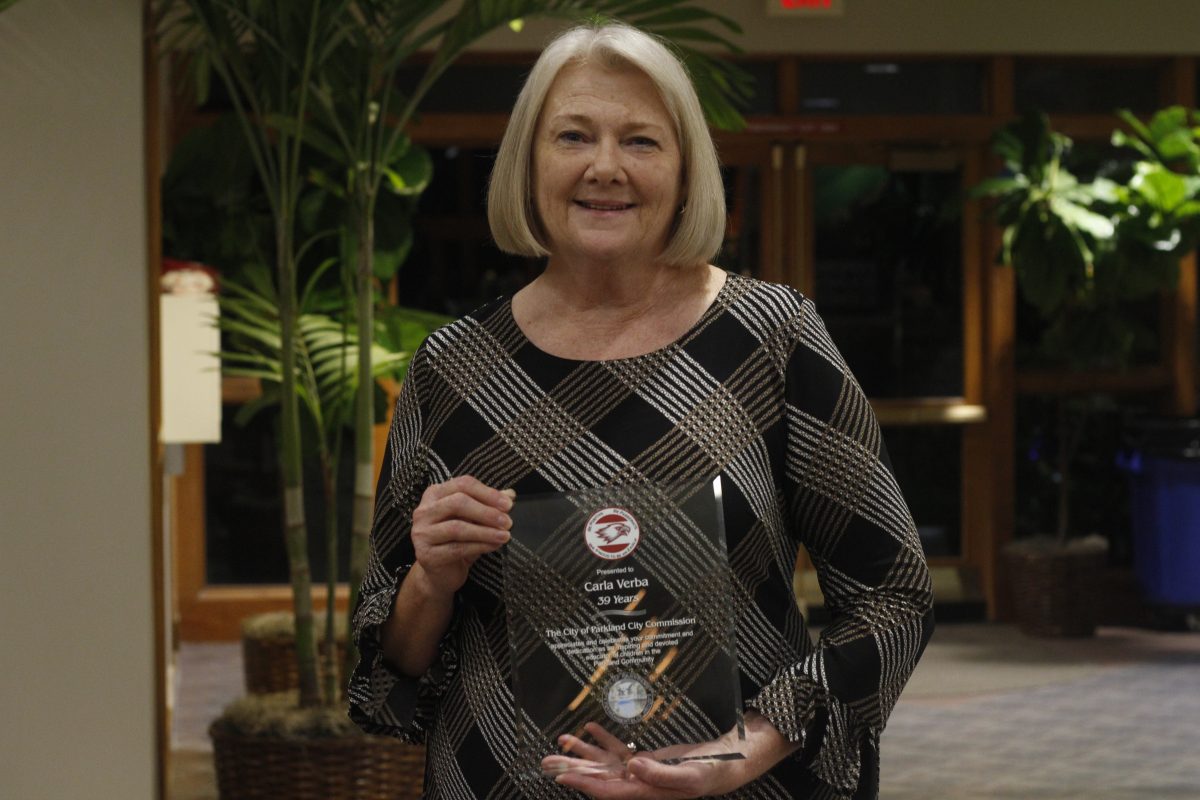

![(left to right) Seniors Stephanie Bilsky and Gracyn Haynes sport the DECA symbol, a triangle, at their first career fair, hosted on Dec. 6, 2023. The career fair had 12 business for students to explore and ask questions about. What we wanted to do is just take what weve learned [in DECA] and expand it to those students who arent enrolled in this class and dont have access and then just kind of take it to the community and allow students to discover their future as well, Haynes said.](https://eagleeye.news/wp-content/uploads/2024/01/9n9MEiC72JCfrptYKrZhoKhKscuboBiEju33GYeA-1200x800.jpg)


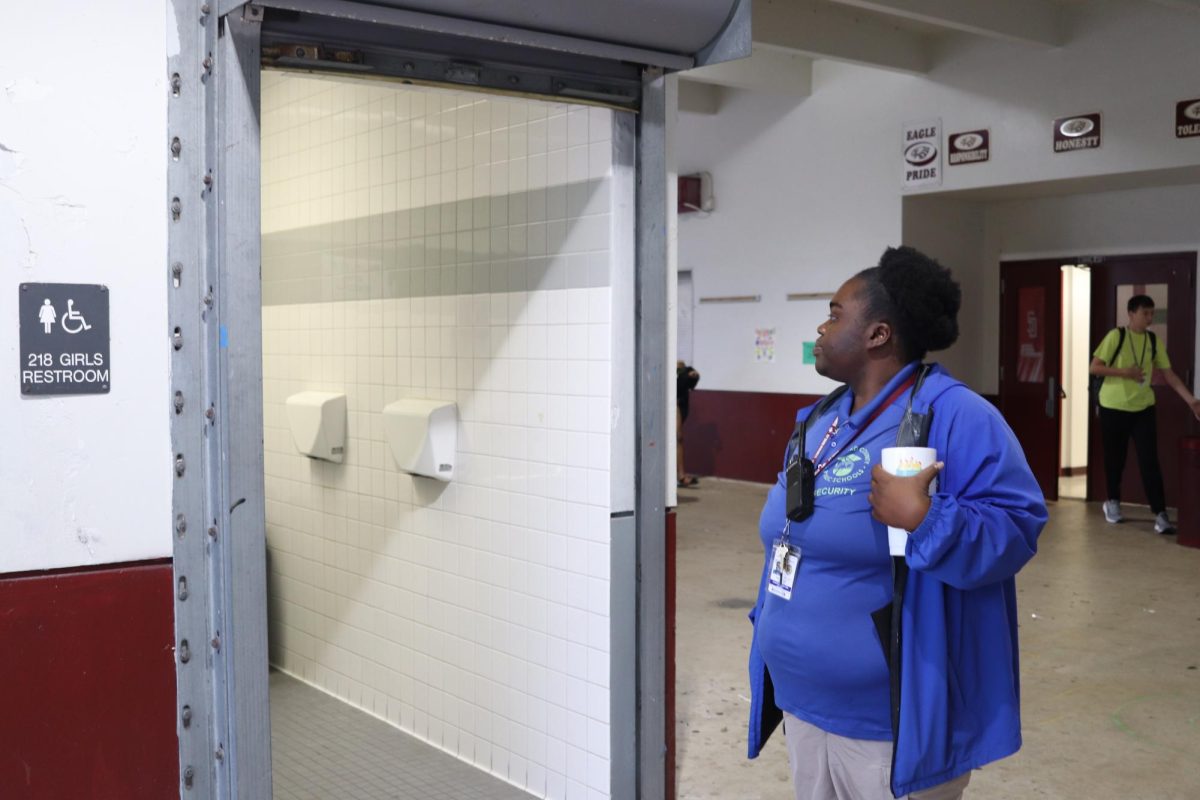


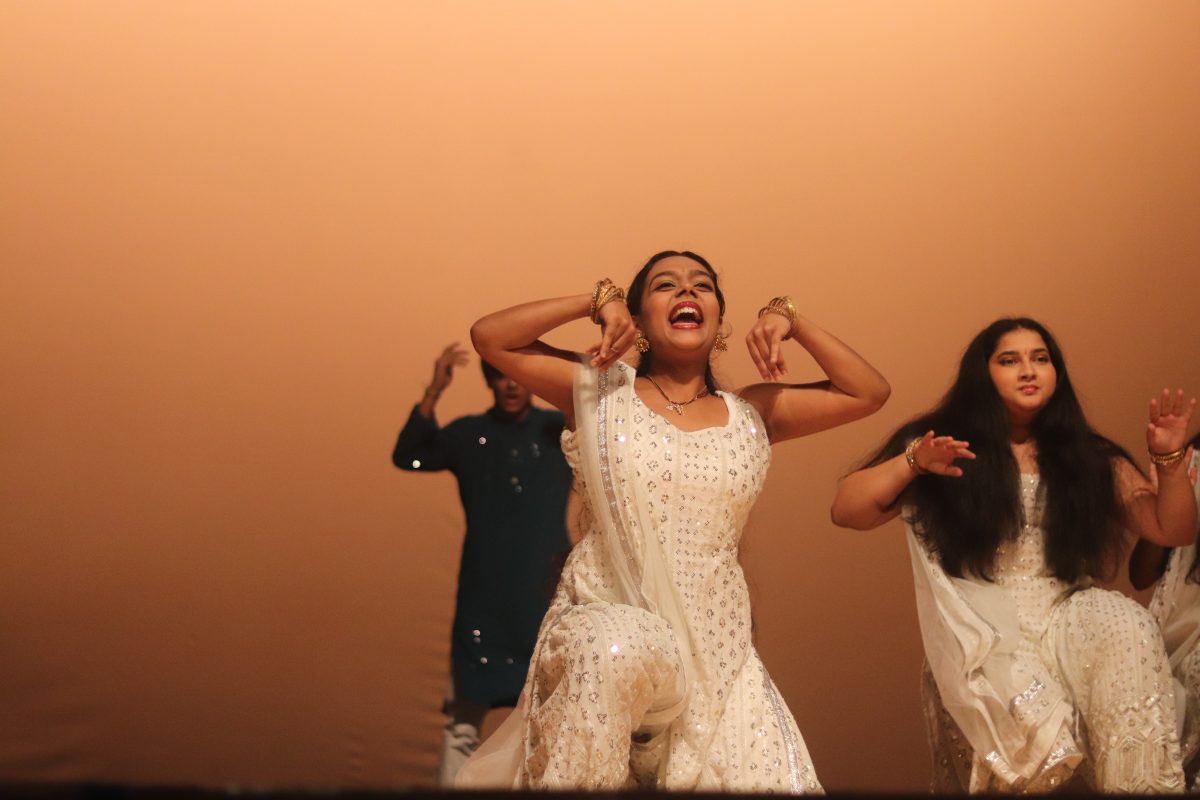
![Smiling at the amusing fight, freshman Riley Cousans plays with her two foster cats, Milkshake and Frankie. The Cousans family began fostering cats from the Saving Sage Animal Rescue Foundation, a non-profit animal shelter,
in 2022. Because they [Milkshake and Frankie] dont know anyone else, my mom wanted them to go together, Cousans said.](https://eagleeye.news/wp-content/uploads/2023/12/bfuJocVUfmBV3vTemjuiUB1QEgsP6UdCBsJ9ws9h-1200x800.jpg)
